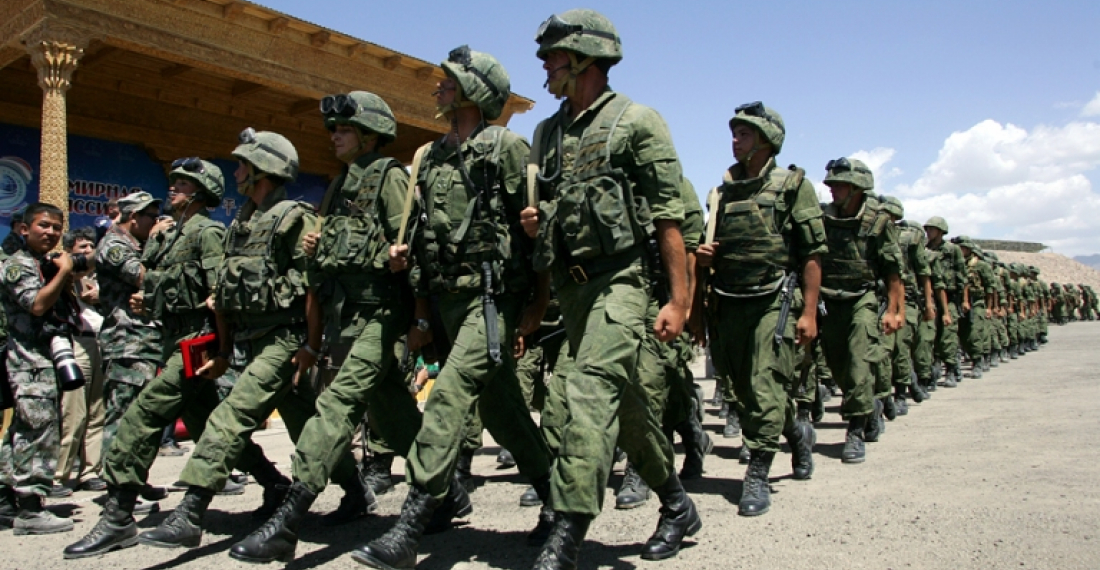Russia has increased the number of its military contingent at the joint trilateral exercises, which will be held from 5 to 10 August in Tajikistan at the Harb-Maidon training ground, 20 km from the border with Afghanistan.
The number of Russian troops participating has now increased to 1,800, and the equipment involved has also doubled, according to the press service of the Russian Central Military District, cited by TASS news agency.
“In accordance with the decision of the commander of the troops of the Central Military District, Colonel-General Alexander Lapin, the number of the Russian military contingent participating in joint exercises together units of the armed forces of Uzbekistan and Tajikistan has been increased, and the number of military equipment involved from the Russian side has also increased to 420.”
The press service specified that in all more than 2,500 servicemen and about 500 units of weapons and military equipment from Russia, Uzbekistan and Tajikistan will be involved in the joint exercises.
Earlier, the Russian defence minister, Sergei Shoigu said at a meeting of the SCO countries' defence ministers in Dushanbe that the countries would work out practical actions to destroy bandit formations, conduct aerial reconnaissance and protect facilities. The basis of the Russian military contingent in the exercises will be the units of the 201st military base in Tajikistan.
There is increasing concern among Central Asia states about the situation unfolding in Afghanistan as US troops finalise their withdrawal from the country. Taliban forces have made huge inroads in recent weeks, occupying large swaths of territory previously in the hands of government forces.






